12 GPTs for Moral Learning Powered by AI for Free of 2026
AI GPTs for Moral Learning refer to a subset of artificial intelligence models, specifically Generative Pre-trained Transformers, that are designed or tailored for tasks and topics related to moral and ethical learning. These tools leverage the power of GPTs to understand, generate, and process language in a way that aligns with moral reasoning, ethical considerations, and values-based decision-making. Their relevance lies in their ability to provide nuanced, context-aware responses and analyses on moral issues, making them an invaluable resource in fields where ethical guidelines and moral reasoning play a crucial role.
Top 10 GPTs for Moral Learning are: 🕰️⏳Timeless🌜Bedtime📖Story📚Teller✨🌟,Fairy tales with values,Dreamy Tales,Mindful Tales,Story Weaver Junior Poetic,Nursury Rhymes GPT,Appu Tales,Whimsical Tales,Hansel and Gretel,Bedtime Stories
🕰️⏳Timeless🌜Bedtime📖Story📚Teller✨🌟
Reviving Classics with AI Magic

Fairy tales with values
Bringing values to life through AI-powered stories
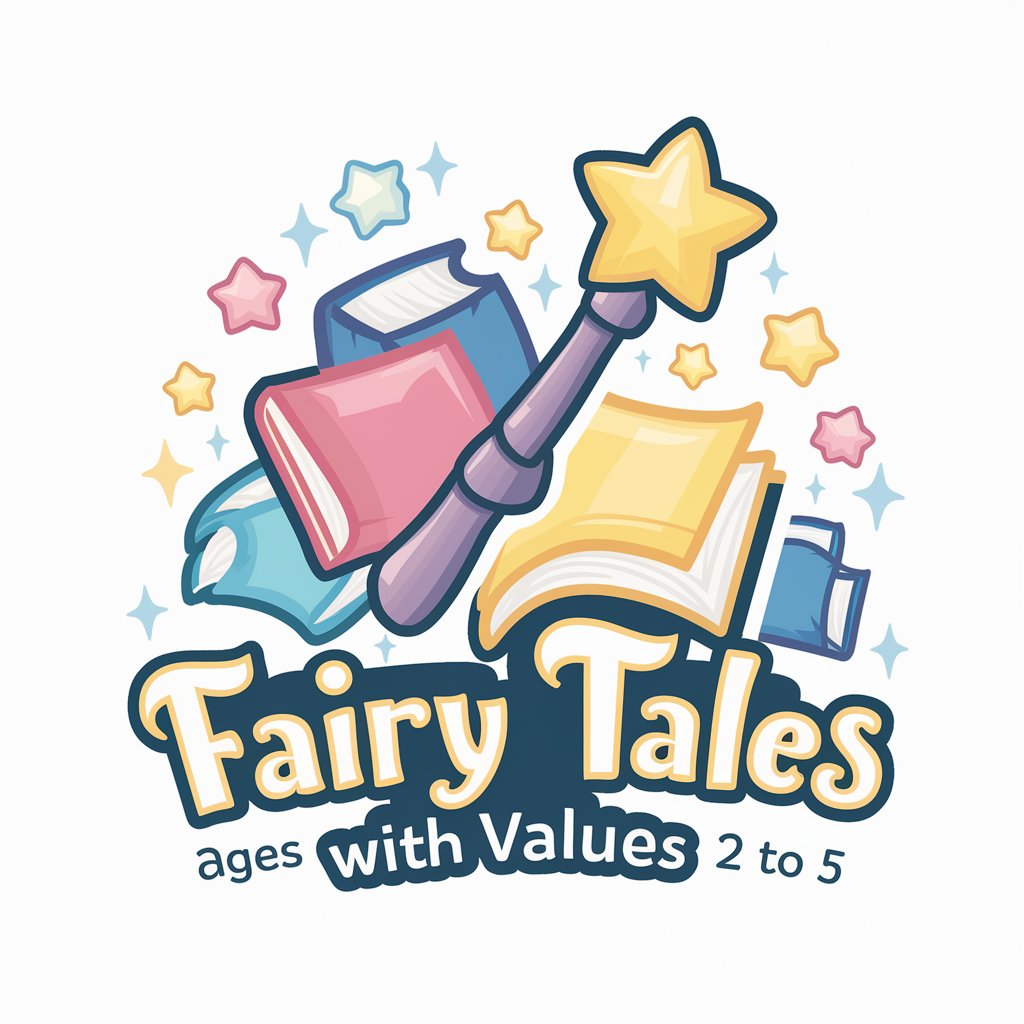
Dreamy Tales
Enchanting AI-Powered Bedtime Stories
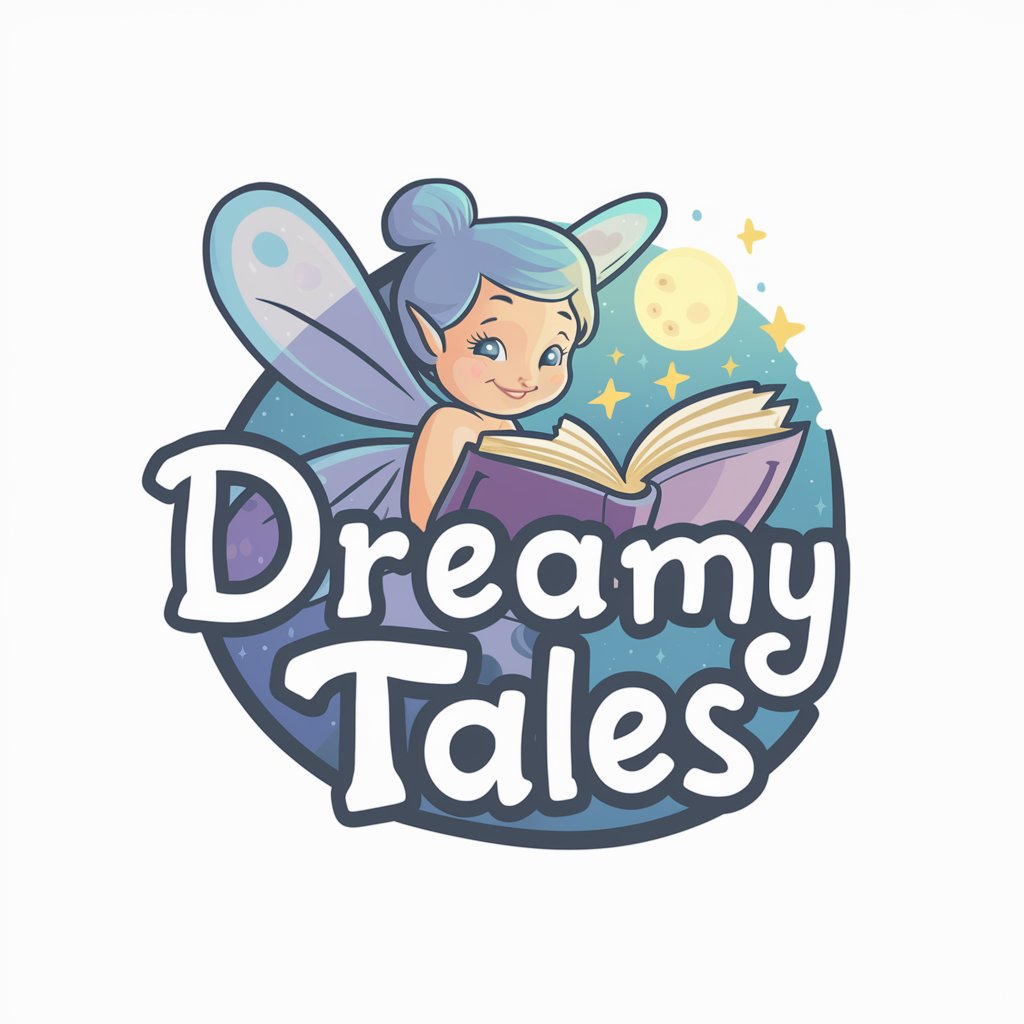
Mindful Tales
Empowering young minds through AI storytelling
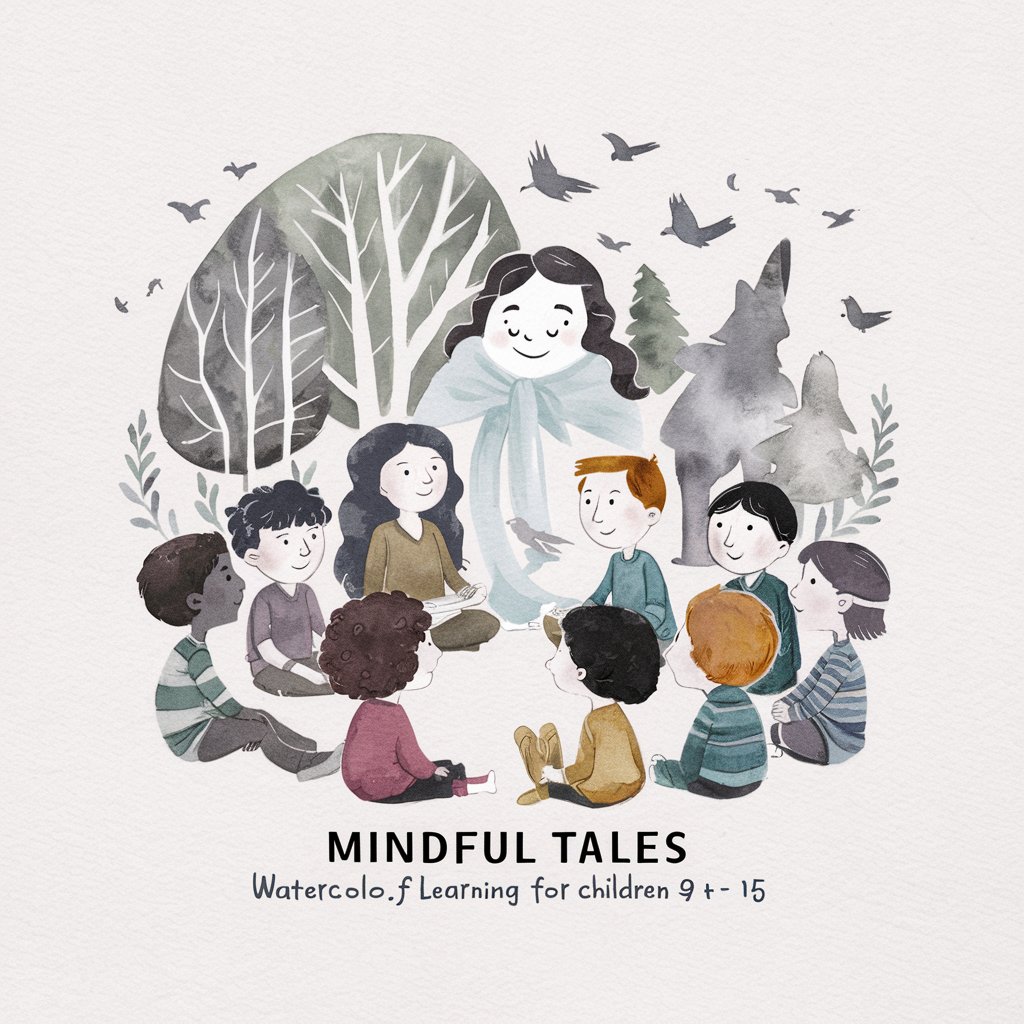
Story Weaver Junior Poetic
Enchanting Tales with AI Magic
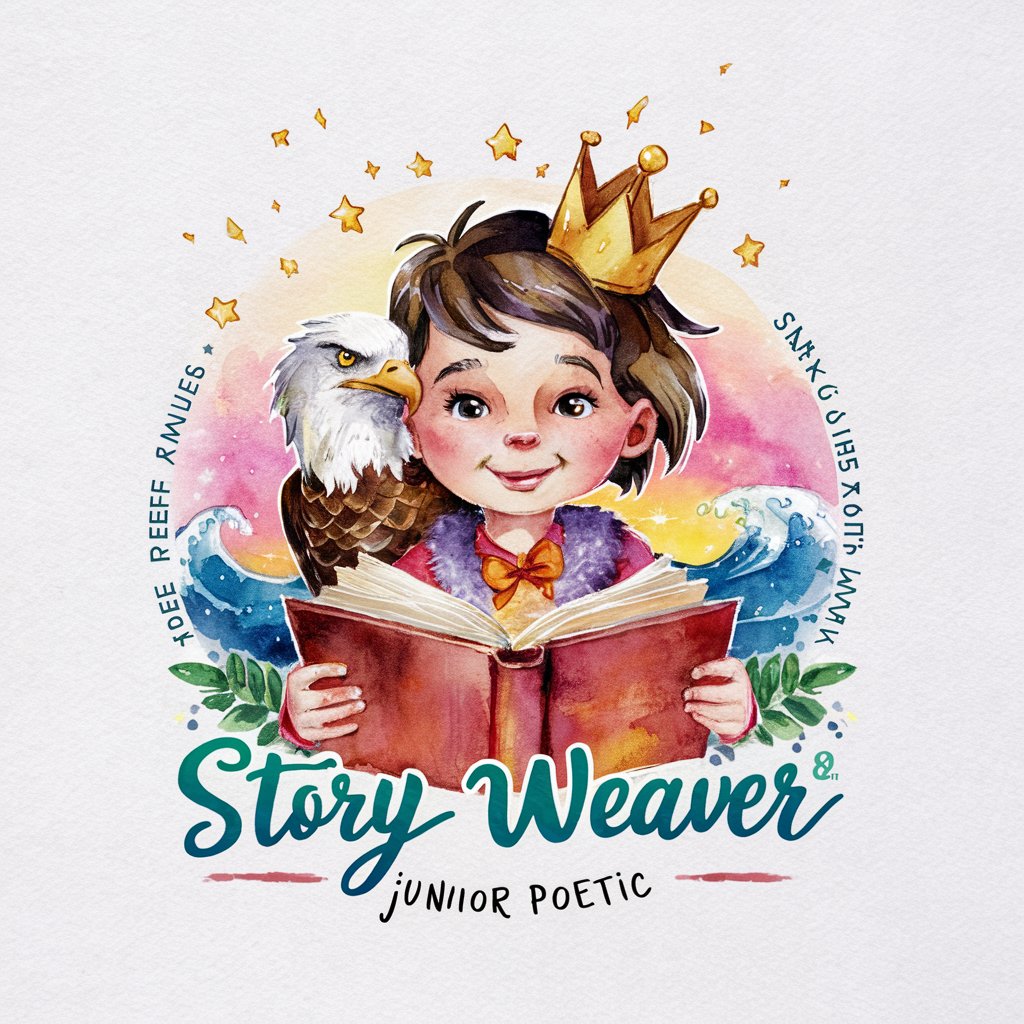
Nursury Rhymes GPT
Crafting personalized rhymes with AI
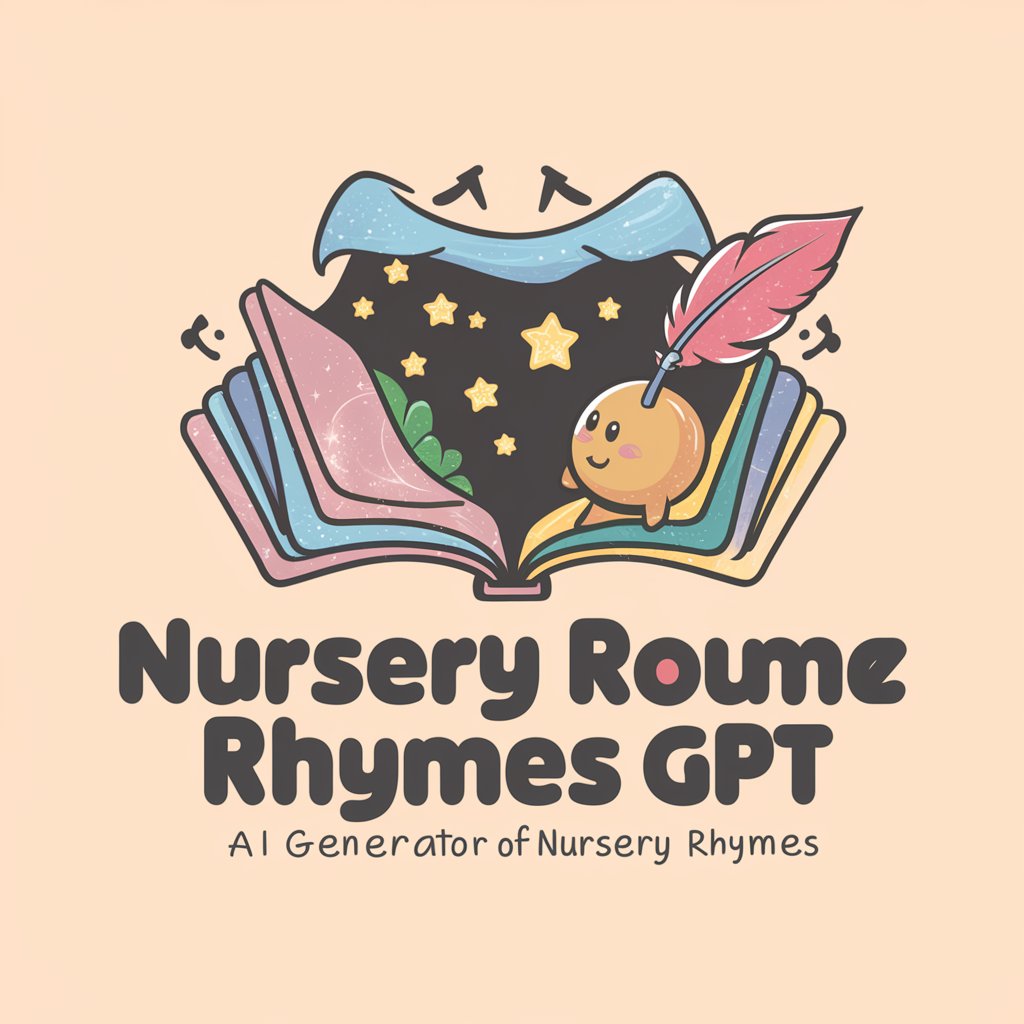
Appu Tales
Bringing Indian Folklore to Life with AI
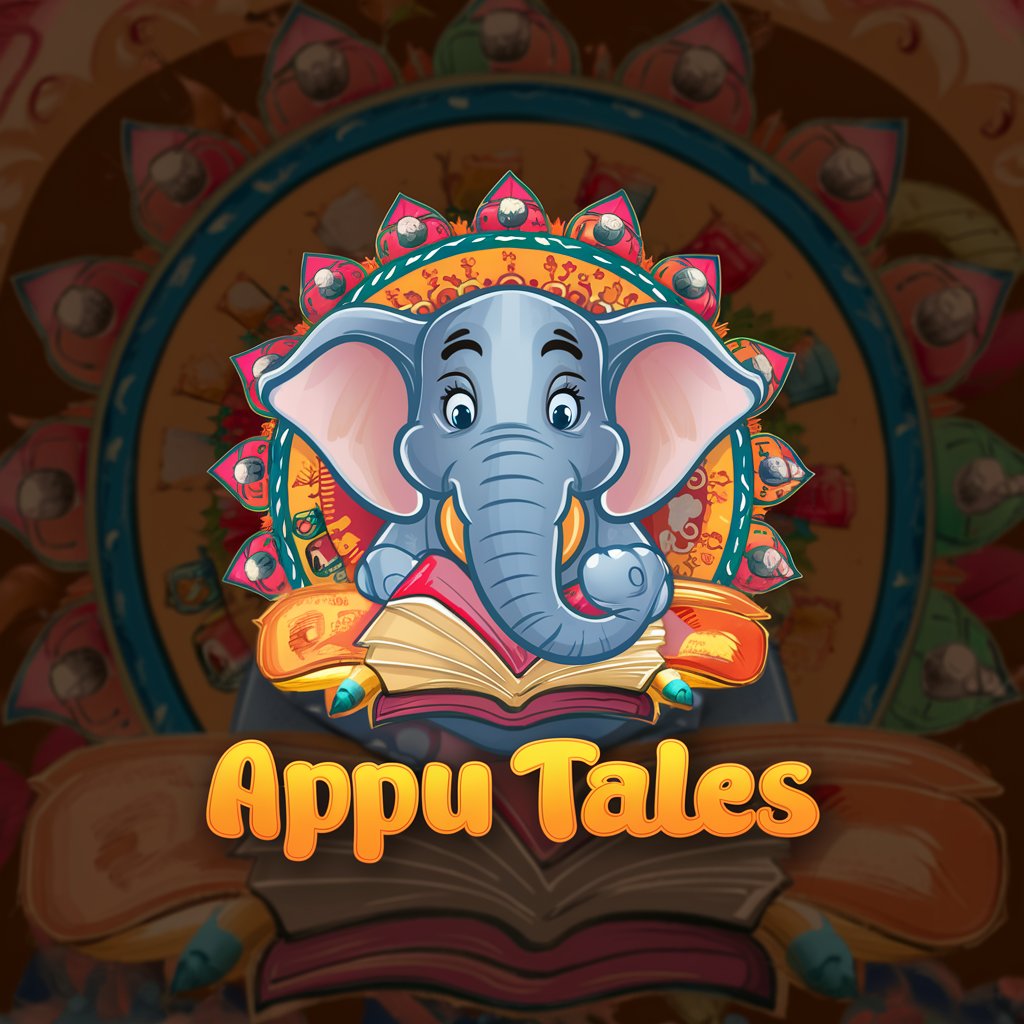
Whimsical Tales
Crafting Personalized Tales with AI
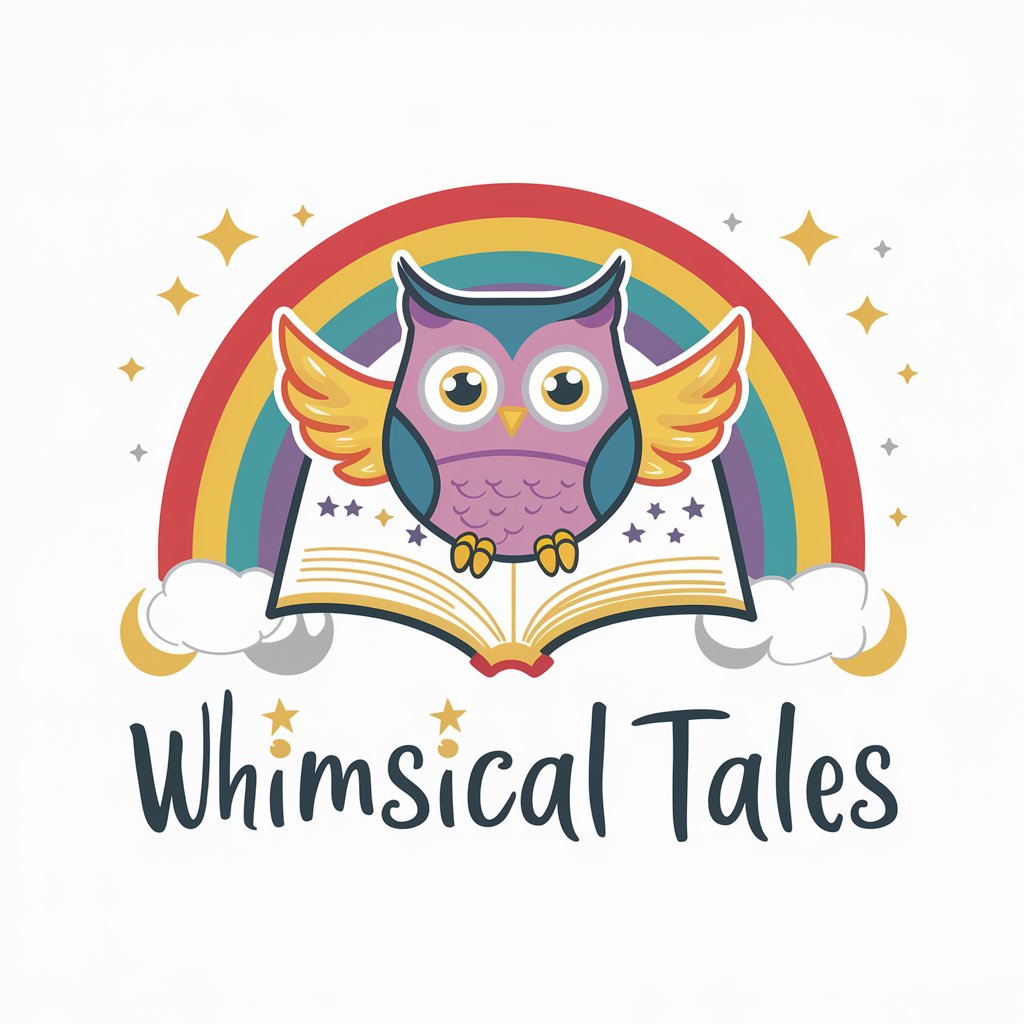
Hansel and Gretel
Choose Your Adventure in an Enchanted World

Bedtime Stories
Imaginative AI-Powered Bedtime Stories

Japanese Folktales
Explore Japan's Rich Storytelling Heritage

Fairy Tales and Stories Special for You UkelaGPT
Tailoring tales to inspire young minds
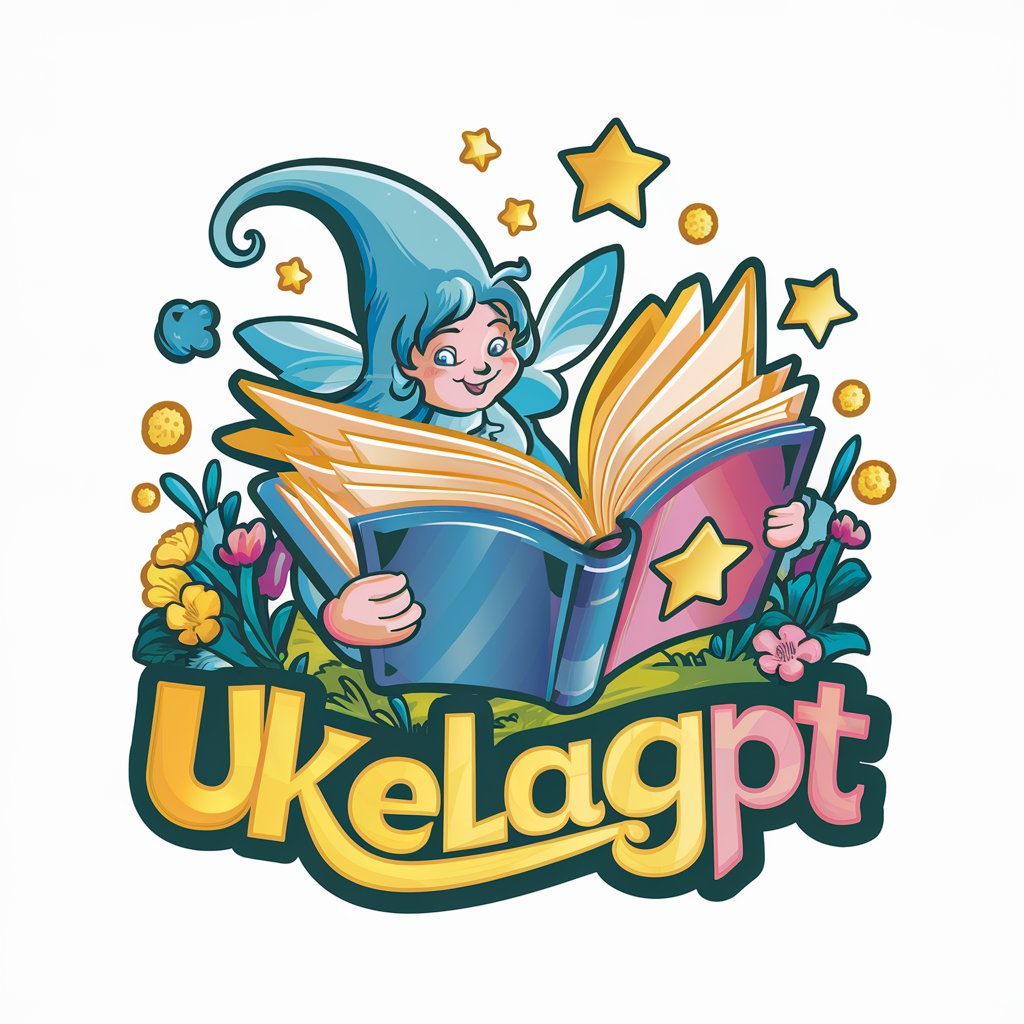
Essential Attributes and Functions
AI GPTs for Moral Learning are distinguished by their adaptability and the breadth of their capabilities, which range from simple language processing to complex ethical reasoning. Key features include advanced language understanding, capable of grasping the nuances of moral discourse; the ability to generate content or responses that reflect ethical considerations; and data analysis skills with a focus on ethical implications. Specialized functionalities may also encompass technical support for ethical decision-making, web searching with moral filters, image creation respecting ethical guidelines, and customized learning paths for moral education.
Who Stands to Gain
The primary beneficiaries of AI GPTs for Moral Learning include educators and students in ethical studies, developers creating applications with moral considerations, and professionals in sectors such as healthcare, law, and business where ethical decision-making is critical. These tools are designed to be accessible to users without programming skills, offering intuitive interfaces and guided processes, while also providing advanced customization options for those with technical expertise, thus catering to a wide spectrum of users interested in moral and ethical learning.
Try Our other AI GPTs tools for Free
Visual Narration
Discover AI GPT tools for Visual Narration, a revolutionary approach to blending text and imagery for compelling storytelling. Ideal for creators at all levels.
Anime Artwork
Discover AI GPTs for Anime Artwork, innovative tools designed to generate and process anime-style images with ease, tailored for artists and developers alike.
Personalized Imaging
Discover how AI GPTs for Personalized Imaging are transforming the creation of custom visual content, making it accessible to both novices and professionals alike.
Rewards Analysis
Discover how AI GPTs revolutionize Rewards Analysis with data-driven insights, predictive analytics, and customizable solutions for optimizing reward systems.
Travel Perks
Discover how AI GPTs for Travel Perks revolutionize travel planning with personalized recommendations, itinerary planning, and seamless booking, making your next adventure uniquely yours.
Eligibility Guidance
Discover how AI GPTs for Eligibility Guidance revolutionize the process of determining eligibility, offering personalized, accurate, and accessible solutions across various sectors.
Expanding the Horizon of Ethical AI
AI GPTs for Moral Learning represent a significant advancement in the field of ethical artificial intelligence. By providing tailored, context-aware insights and analyses, these tools can play a crucial role in educating individuals, supporting ethical decision-making, and integrating moral considerations into a variety of sectors. Their user-friendly interfaces and the ability to integrate with existing systems further enhance their utility, making ethical AI more accessible and impactful across different domains.
Frequently Asked Questions
What exactly are AI GPTs for Moral Learning?
AI GPTs for Moral Learning are specialized versions of Generative Pre-trained Transformers that are designed to process, understand, and generate responses related to moral and ethical topics, aiding in the understanding and teaching of moral principles.
How do these tools adapt to different moral frameworks?
These AI tools can be customized to align with various moral frameworks through training on specific datasets and incorporating guidelines that reflect diverse ethical principles, ensuring versatility in their applications.
Can these GPTs assist in making moral decisions?
Yes, by processing relevant information and ethical considerations, AI GPTs can provide guidance and insights to support users in making informed moral decisions.
Are there any limitations to the moral reasoning capabilities of these GPTs?
While AI GPTs for Moral Learning are advanced, their moral reasoning is based on the data they are trained on, which means they may not fully capture the depth of human ethics or account for every moral dilemma without continual updates and training.
How accessible are these tools for individuals without coding skills?
These GPT tools are designed to be user-friendly, with interfaces and functionalities that do not require coding knowledge, making them accessible to a broad audience.
Can developers integrate these GPTs into their own applications?
Yes, developers can utilize APIs and other integration tools to incorporate the moral learning capabilities of these GPTs into their applications, enhancing their ethical dimensions.
How do these AI tools handle different cultural and ethical norms?
AI GPTs for Moral Learning can be trained on diverse datasets that include a wide range of cultural and ethical norms, allowing them to address moral questions with sensitivity to cultural differences.
What sectors could benefit most from the use of AI GPTs for Moral Learning?
Sectors such as healthcare, education, law, and business, where ethical considerations are paramount, can significantly benefit from the nuanced insights and guidance provided by these AI tools.